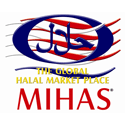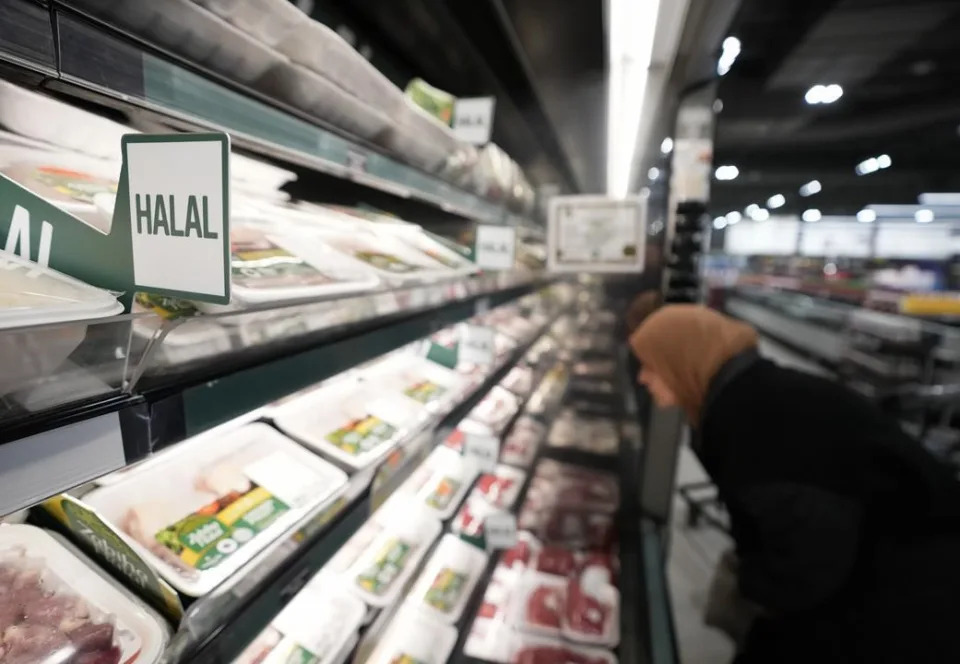 Kuala Lumpur. Figures from the global halal food industry are gathering in the Malaysian capital to discuss ideas to expand the industry supplying food that complies with Islamic religious law, currently valued at $2.3 trillion annually.
Kuala Lumpur. Figures from the global halal food industry are gathering in the Malaysian capital to discuss ideas to expand the industry supplying food that complies with Islamic religious law, currently valued at $2.3 trillion annually.
The 10th Malaysia International Halal Showcase, running from today until Saturday, is being held in the Southeast Asian nation where around 60 percent of the 28.3 million people are Muslim and sophisticated infrastructure, facilities and policies have been introduced to entrench its status as a global halal hub.
The global Muslim population currently stands at 1.8 billion people and is growing at about 1.8 percent a year, according to Wong Lai Sum, chief executive at the Malaysia External Trade Development Corporation, the government body organizing the event.
“When you have a population that continues to grow, especially in Muslim countries, where the population demography tends to be young, consumption levels are going to expand,” she said.
Wong said the exhibition will make potential buyers more aware of halal, expanding the global distribution networks of halal products.
Beyond food, the halal industry also spans the finance sector, cosmetics, clothing, pharmaceuticals and the transportation of goods.
Nabil Imam, the owner of United Food, a US company that imports halal goods from Malaysia, attended the event because he said the industry is growing in the United States, despite the nation’s recently sluggish economic performance.
“The halal food market in the US is booming. It is growing because the Muslim population is growing,” said Imam, whose company has been distributing halal food for 20 years.
United Food sells 600 halal food items in New York under the brand Basma, delivering the goods to local distributors, supermarkets and hypermarkets.
At the Kuala Lumpur event, Imam said he was looking for suppliers for halal palm oil products as well as packaged instant coffee.
The World Fair Trade Organization, which represents countries in the developing world and estimated the global halal food industry size at $2.3 trillion annually, forecast that the global Muslim population will reach 2.2 billion by 2030.
Malaysia has surpassed Indonesia, the nation with the most Muslims in the world, in developing Islamic products. Malaysia has developed the halal industry with regard to offering consumer products and nonfood products, standardizing certification, offering finance, facilitating packaging and arranging distribution.
“Indonesia should learn from Malaysia, they have set a benchmark from the upstream to downstream,” said Iwan Agustian, a director at Indonesia’s Dwimitra Semerbak Artamulia, a company that distributes Semerbak Coffee Blend product to more than 600 outlets. “I come here to get some inspiration, secure some halal raw materials, as well as reaching some potential buyers.”
In Indonesia, companies seeking to label their products as halal must seek the approval of the Indonesian Council of Ulama (MUI).
Analysts have said that the Indonesian government has taken a piecemeal approach to developing the nation’s halal industry, despite 90 percent of the country’s 240 million people identifying as Islamic.
The global halal industry has contributed to the controversial practice of the export of live cattle, often in poor conditions.



